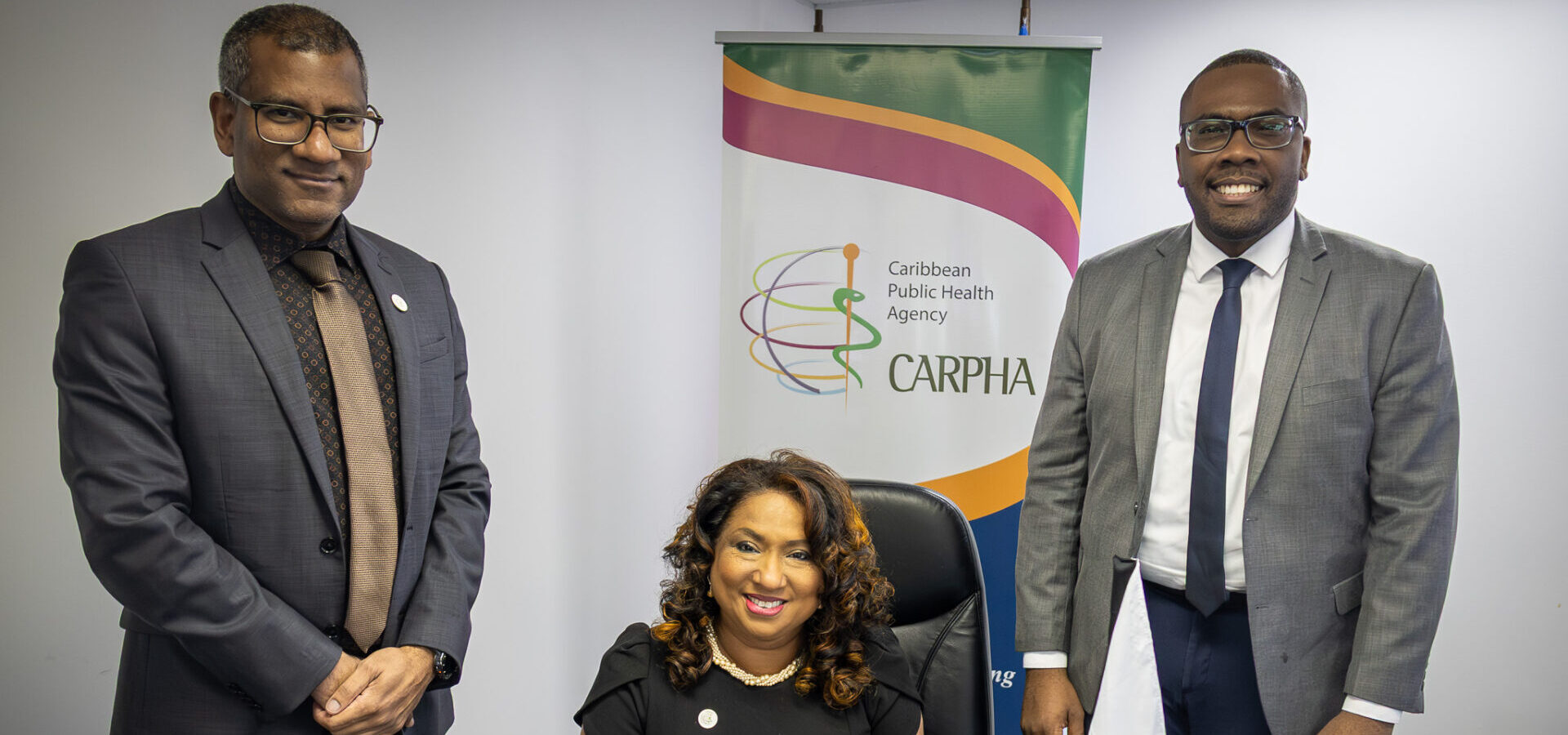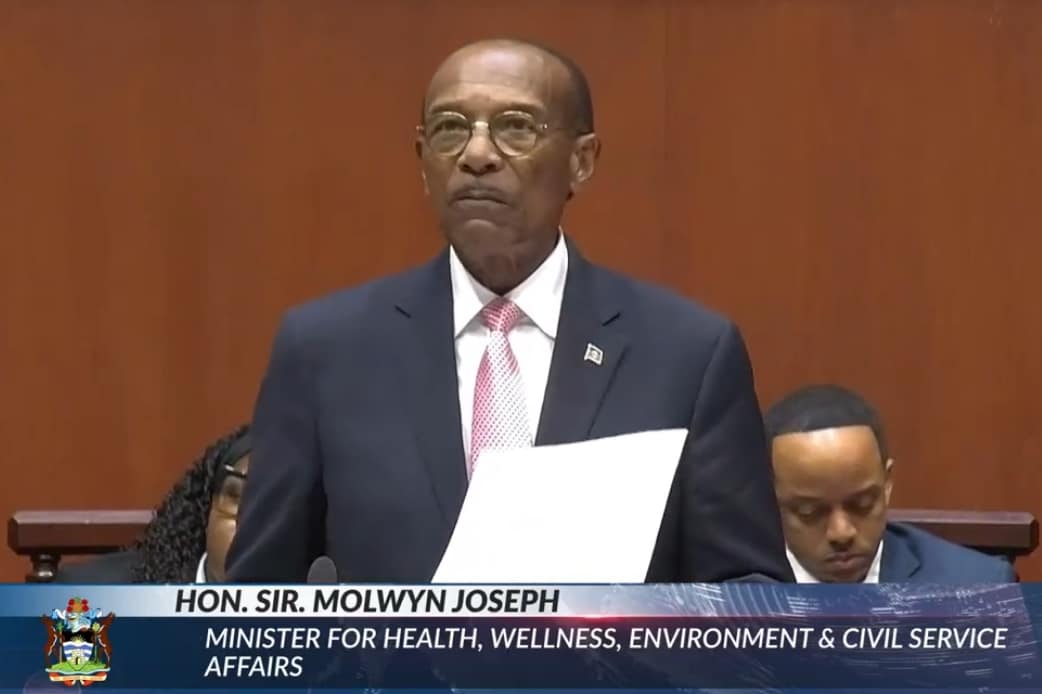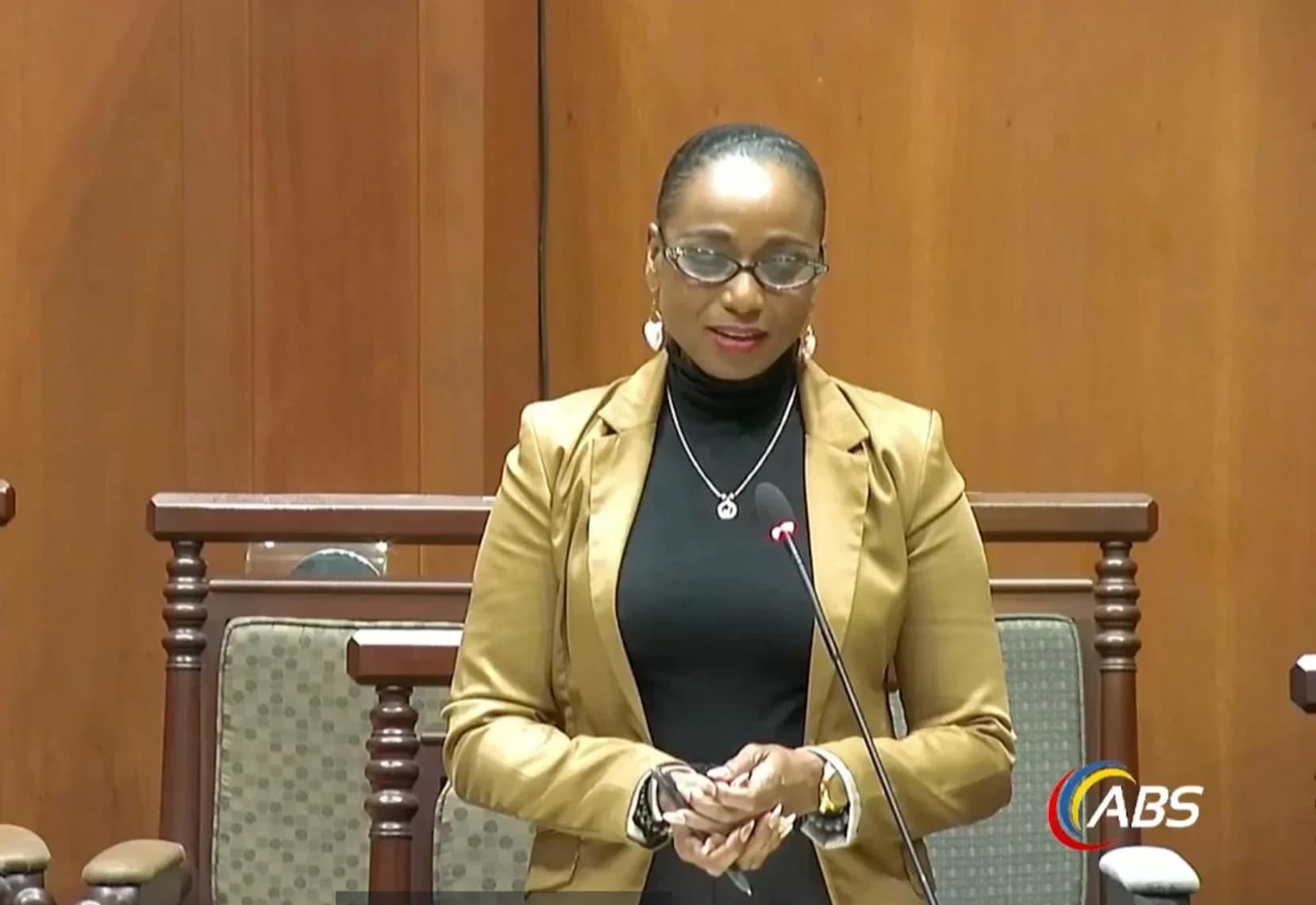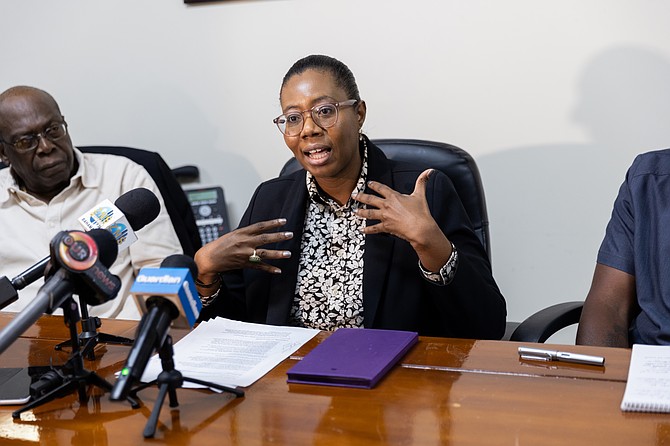Dr. Christina Dowell is revolutionizing Barbados’ healthcare landscape through an unconventional fusion of athletic discipline and medical expertise. The 34-year-old general practitioner and entrepreneur has translated the rigorous mindset of competitive bodybuilding into creating Pinnacle MedSuites, a innovative medical co-working facility in Belleville, St Michael.
Her journey began with athletic pursuits that evolved into competitive bodybuilding, where she mastered the arts of endurance, precision planning, and mental resilience. These qualities proved critical when facing overwhelming odds—just a 2% chance of matching into a US medical residency program. Rather than deterring her, this statistical reality fueled her determination, using weightlifting as both stress management and structural foundation during exam preparation.
Dr. Dowell’s medical practice revealed systemic gaps in patient care, particularly the over-reliance on medication without addressing underlying lifestyle factors. Her personal experimentation with diet, exercise, and clinical science produced measurable health improvements that became the foundational philosophy behind Pinnacle MedSuites.
The facility offers fully-equipped consultation suites with shared reception services, linen, Wi-Fi, janitorial services, and optional clinical additions. Its membership model provides flexible options from virtual offices to four-hour blocks, enabling healthcare providers to scale operations according to patient demand.
Drawing from experiences in both Barbadian and American healthcare systems, Dr. Dowell designed the facility to combine operational efficiency with the warmth and practicality appropriate for the Barbadian context. Key features include streamlined workflows, online scheduling, consistent room standards, and transparent pricing—all while maintaining rigorous safety and professionalism protocols.
The greatest challenge has been overcoming traditional healthcare models and reassuring clinicians about privacy, cost, autonomy, and care continuity. Pinnacle MedSuites addresses these concerns through clear policies, robust infection control, flexible booking, and responsive on-site support.
Dr. Dowell acknowledges the collaborative effort behind her success, citing family support, medical mentors, clinical colleagues, and her operational team. Looking forward, she envisions the model as scalable beyond Barbados to other Caribbean islands and potentially international markets once firmly established.
Her advice to aspiring young women embodies her journey: “Let data inform you, not define you. Small, honest wins beat perfect plans that never launch. Stay coachable—feedback isn’t a verdict, it’s an aid.”









